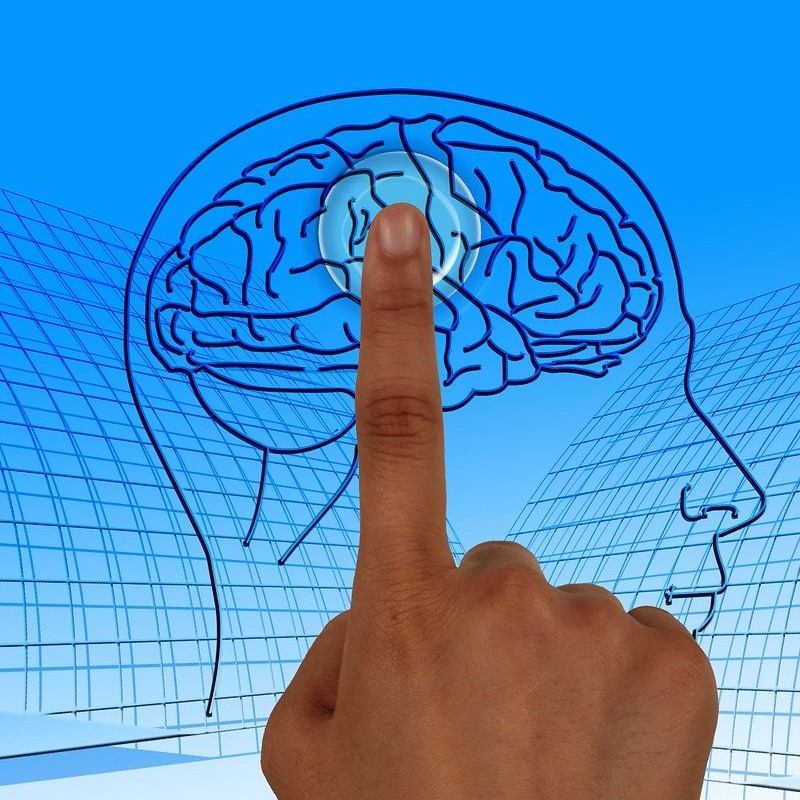
The legalization of marijuana, medical marijuana, is a controversial topic. And even though marijuana is fully legalized or medically legalized in most states, there are still plenty of misconceptions about the plant and the laws surrounding it. We know you’ve got questions. But, fear not, we’ve got answers!
What Is Medical Marijuana?
When healthcare professionals use marijuana (Cannabis sativa or Cannabis indica) to treat or relieve symptoms of medical conditions, it’s called medical marijuana.
Healthcare professionals can use the whole, unprocessed marijuana plant. Or, they can distill it into the chemicals it contains.
The plant has three key active compounds:
What Is the Difference Between Medical and Recreational?
The legal difference is you can only purchase medical marijuana through a dispensary. Also, you must have a recommendation or prescription to purchase it.
Medical and recreational marijuana also differ in that the medical product doesn’t produce the high that recreational marijuana does.
What Is CBD?
CBD is a common cannabinoid found in medical marijuana. And, CBD has no psychoactive effects.
If CBD Doesn’t Get You High, What Does?
So, the other common cannabinoid in marijuana is THC. THC is a psychoactive compound that produces the high typically associated with recreational marijuana use.
What Is Recreational Marijuana?
The marijuana plant contains over 100 chemicals (Cannabinoids). And, each cannabinoid has an impact on the body.
Recreational marijuana usually has more THC than CBD. So, the high THC content is what gets users “high.”
Generally speaking, people who use marijuana for recreational purposes only use the plant’s buds. Also, they have no medical justification for using it.
What Conditions Does Medical Marijuana Help?
Common medicinal uses include:
Healthcare professionals often prescribe it to relieve nausea associated with chemotherapy.
However, they also use it to treat:
- Anxiety
- Sleeping issues
- Multiple sclerosis
- Autism
- Seizure disorders
What Are the Side Effects?
In adults, side effects are minimal when taken in low doses. These usually include dry mouth and fatigue.
When taken in higher doses, the following may occur.
- Dizziness
- Paranoia
- Hallucinations
- Mood changes
In adolescents whose brains and neurological systems are still developing, the risk and severity of side effects are higher.
Some in the healthcare industry have raised concerns that medical marijuana may cause the onset of schizophrenia and the loss of IQ in adolescents.
Are Medicinal and Recreational Marijuana Grown In the Same Place?
Generally, no. There is a difference in how medicinal and recreational product is:
- Grown
- Cultivated
- Produced
Medicinal marijuana undergoes more thorough processing before being distributed for consumption. Also, it’s grown in more controlled environments, and growers check it for pesticides more thoroughly.
Because of this, the medicinal product tends to be cleaner and purer than recreational marijuana.
Is the Medicinal Product Legal?
The Federal Drug Administration (FDA) classifies the medical product as a Schedule I substance. Because of this, it is illegal at the Federal level.
But states have the option of legalizing it within their limits. A majority of states have fully legalized or medically legalized it. Each state has its restrictions. And the laws are continually evolving.
What Is the Difference Between the Terms “Fully Legalized” and “Medically Legalized?”
In states where marijuana is fully legalized, it can be used for both personal and medical reasons. In states where it is medically legalized, it can only be legally obtained and used for medicinal reasons.
Where Can I Purchase Medicinal Product?
States where medical marijuana is legal have dispensaries (marijuana stores) that sell marijuana products in various forms. And, the states may or may not regulate these dispensaries.
How Do I Get the Medical Product?
In states where medicinal marijuana is legalized, you must have a qualifying condition to get a recommendation or prescription. A dispensary can fille this recommendation or prescription only.
To purchase medical marijuana, you must be 18 years old or older. However, people under 18 can apply for the card or license that most states require to purchase the product. And, you must update this card or license regularly.
Also, in states where marijuana is fully legalized, you do not need a recommendation or medical card for recreational marijuana. And anyone over the age of 21 may purchase it.
What Is Available for Purchase?
You can purchase and consume the product in different ways. For example, the product is available as:
- Edibles
- Oils
- Extracts
- Smoked
- Inhaled
Who Regulates Medical Marijuana?
The FDA has not approved medical marijuana. Also, the FDA does not regulate it. So, the responsibility falls on states to monitor and govern marijuana sales.
Also, most states don’t have the resources to do a thorough job of monitoring marijuana. So, the strength of the medical product ingredients may differ based on where and when you purchase it.
Is Medical Marijuana Addictive?
So, the vote is still out on this issue. And, although research suggests when you take medical marijuana in the low therapeutic doses health professionals recommend, the risk of becoming addicted to it is very low.
However, experts are still trying to discern whether psychological dependence in heavy users constitutes marijuana abuse.
Contact Us Today
So, marijuana is a hot topic that stirs up all kinds of controversy. Lastly, all politics aside, many patients find it to be an effective treatment. Above all, if you think it could help you, reach out to us today!